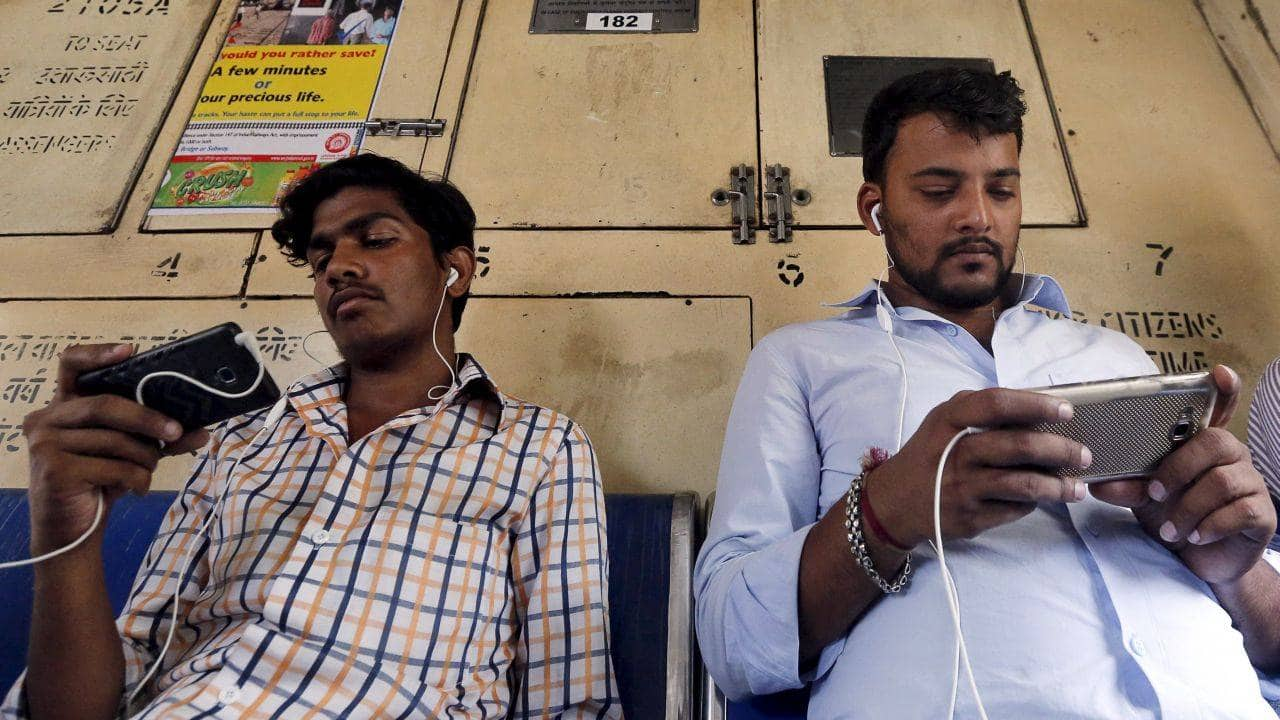The coronavirus vaccine is not the only hope emerging for the coming New Year. We have a number of experiences and lessons, notably from technology to take into the next year.
Among the biggest takeaways is the concept of work from home, or WFH. If it were a word, it might have been a good choice for the Oxford dictionary and some others that routinely pick a word most appropriate for the year gone by.
WFH has been among the most transformative concepts that emerged during the coronavirus, and likely has an even bigger potential in the future. Even though the Internet is a quarter of a century old in India, and mobile carriers have taken it to the far corners of the country, governments and private organizations have been slow or simply loath to fully leverage its potential. While governments were stuck with archaic workplace laws, companies had shied away from their own exhortation to “think outside the box,” when it came to running offices or tapping talent.
Clearly, we know better now.
Many governments have already amended workplace regulations and private companies are suddenly realising new cost advantages, if not several others, from WFH options. There are three clear-cut areas in which WFH can make a huge and lasting impact, given the right policy and planning — IT outsourcing, youth empowerment and urbanisation.
IT outsourcing
India’s IT outsourcing industry is over half a century old. It was initially based on so-called body shopping — deploying workers to the western world to work. In the 21st century, it fashioned itself on the concept that the “world is flat” — meaning the world is a level playing field in which everybody has a shot at success, fame and riches.
Sadly, the concept didn’t expand beyond the major cities such as Bangalore or Hyderabad. Large organizations such as Infosys and Wipro that promised to take IT to second-tier towns achieved little progress. The truth is the world never became flat for budding techies or entrepreneurs in these smaller towns. They had to either haul themselves to the cities or languish.
The willing acceptance now of WFH and a new mindset to fully explore its potential could be a game-changer. It might be conceivable then to imagine a new Infosys emerging from, say, Dharwar in northern Karnataka, or Ratlam in Madhya Pradesh, or in northeast Mizoram.
To this end, it is imperative to push for a robust internet backbone across the country. India has an early opportunity with 5G. If the spectrum is auctioned quickly, and priced right, the new technology can drive new capabilities and spawn a million new businesses across the country.
Youth empowerment
WFH also gives a big boost to the aspirations of a young India. For far too long, growth prospects for the youth in smaller towns and villages have hinged on hitching a ride into the nearest city. It is a frightening prospect for many, perhaps even more so for their parents. But in many cases, the alternative was decidedly worse in terms of earnings, career growth and satisfaction.
In the light of what we have learning during the pandemic, businesses will explore extended workplaces and satellite offices, or even large fleets of WFH employees, obviating the need to bring every job and every aspirant to the nearest city.
This could make a big dent at tapping the talent left behind in the race so far, and perhaps in better harnessing the demographic dividend arising from a very large population of younger people.
Urbanisation
In this century, India has struggled to build cities with adequate infrastructure. While a lot of blame can be placed at the door of governments and civic agencies, their task has been made monumentally difficult by rapid migration. This is especially true of cities such as Bangalore and Hyderabad, driven by IT outsourcing. Consequently, most Indian cities provide inadequate facilities, and provide poor quality of life, besides being eyesores.
So WFH, even if it started predominantly with IT jobs, could bring recognisable relief as witnessed already in Bangalore’s IT hubs. Over time, and with the right policies, it could have multiplier effects. It is hard not to be hopeful of a sharp rise in the quality of our cities, and quality of our lives. Now that is something to look forward for city slickers.










_2020091018165303jzv.jpg)


























